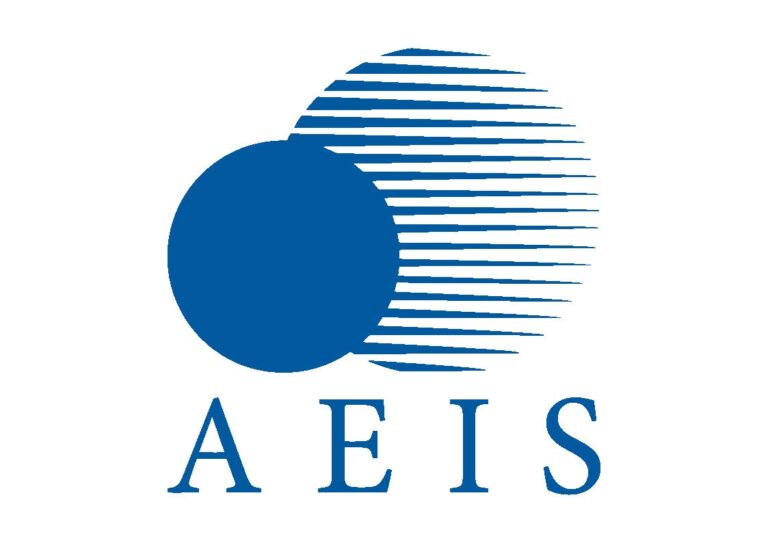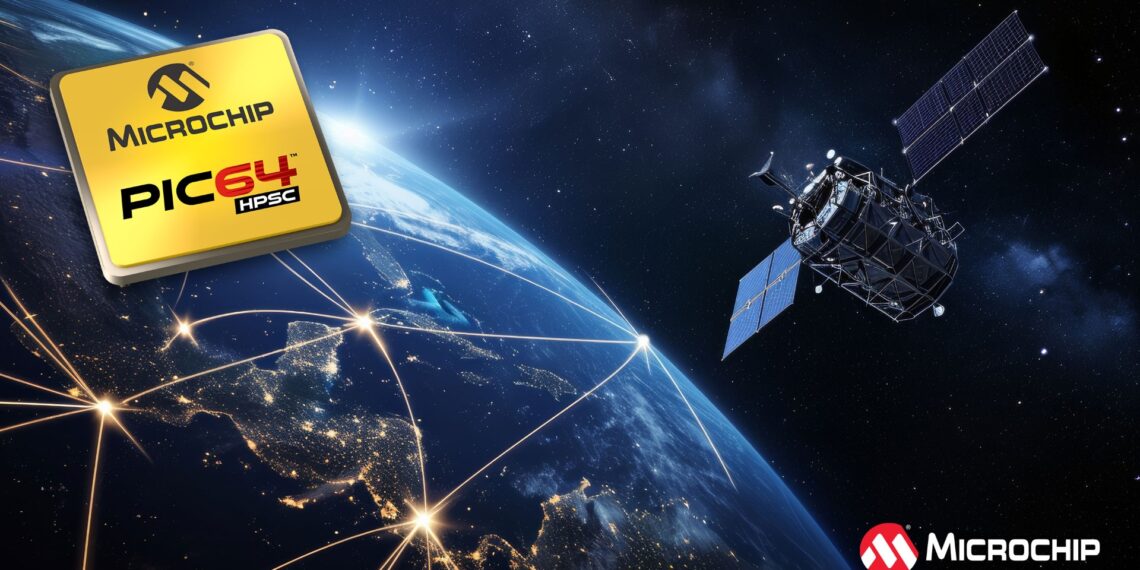Microchip Technology (NASDAQ: MCHP) unveils the first devices in its planned family of PI64 High-Performance Spaceflight Computing (PIC64-HPSC) microprocessors (MPUs).
The company is delivering the new product to NASA and the broader defense and commercial aerospace industry. PIC64-HPSC MPUs integrate widely adopted RISC-V CPUs augmented with vector-processing instruction extensions to support AI/ML applications. It also has a suite of features and industry-standard interfaces and protocols, which were previously not available for space applications. The new PIC64-HPSC MPUs offer unprecedented capabilities for space computing. These MPUs feature eight SiFive RISC-V X280 64-bit CPU cores with AI/ML processing power of up to 2 TOPS (int8) or 1 TFLOPS (bfloat16). They include high-speed 240 Gbps TSN Ethernet for 10 GbE connectivity, scalable PCIe Gen 3, and CXL 2.0, along with low-latency RDMA over Converged Ethernet (RoCEv2). With platform-level defense-grade security, high fault tolerance, and flexible power tuning, the PIC64-HPSC MPUs are set to enhance the performance, security, and efficiency of autonomous space missions.
A growing ecosystem of partners is being assembled to expedite the development of integrated system-level solutions. This ecosystem features Single-Board Computers (SBCs), space-grade companion components and a network of open-source and commercial software partners.
“This is a giant leap forward in the advancement and modernization of the space avionics and payload technology ecosystem,” said Maher Fahmi, corporate vice president, Microchip Technology’s communications business unit. “The PIC64-HPSC family is a testament to Microchip’s longstanding spaceflight heritage and our commitment to providing solutions built on industry-leading technologies and a total systems approach to accelerate our customers’ development process.”
The Radiation-Hardened (RH) PIC64-HPSC RH is designed to give autonomous missions the local processing power to execute real-time tasks such as rover hazard avoidance on the Moon’s surface, while also enabling long-duration, deep-space missions like Mars expeditions requiring extremely low-power consumption while withstanding harsh space conditions. For the commercial space sector, the Radiation-Tolerant (RT) PIC64-HPSC RT is designed to meet the needs of Low Earth Orbit (LEO) constellations where system providers must prioritize low cost over longevity, while also providing the high fault tolerance that is vital for round-the-clock service reliability and the cybersecurity of space assets.
“Microchip’s PIC64-HPSC family replaces the purpose-built, obsolescence-prone solutions of the past with a high-performance and scalable space-grade compute processor platform supported by the company’s vibrant and growing development ecosystem,” said Kevin Kinsella, Architect – System Security Engineering with Northrop Grumman. “This innovative and forward-looking architecture integrates the best of the past 40-plus years of processing technology advances. By uniquely addressing the three critical areas of reliability, safety and security, we fully expect the PIC64-HPSC to see widespread adoption in air, land and sea applications.”
In 2022, NASA selected Microchip to develop a High-Performance Spaceflight Computing processor that could provide at least 100 times the computational capacity of current spaceflight computers. This key capability would advance future space missions, from planetary exploration to lunar and Mars surface missions. The PIC64-HPSC is the result of that partnership.
Microchip’s inaugural PIC64-HPSC MPUs were launched in tandem with the company’s PIC64GX MPUs that enable intelligent edge designs in the industrial, automotive, communications, IoT, aerospace and defense segments. With the launch of its PIC64GX MPU family, Microchip has become the only embedded solutions provider actively developing a full spectrum of 8-, 16-, 32- and 64-bit solutions.
The new PIC64-HPSC MPUs will be supported by a comprehensive space-grade ecosystem and innovation engine that encompasses flight-capable, industry-standard SBCs, a community of open-source and commercial software partners and the implementation of common commercial standards to help streamline and accelerate the development of system-level integrated solutions.
Microchip will also offer a comprehensive PIC64-HPSC evaluation platform that incorporates the MPU, an expansion card and a variety of peripheral daughter cards.










